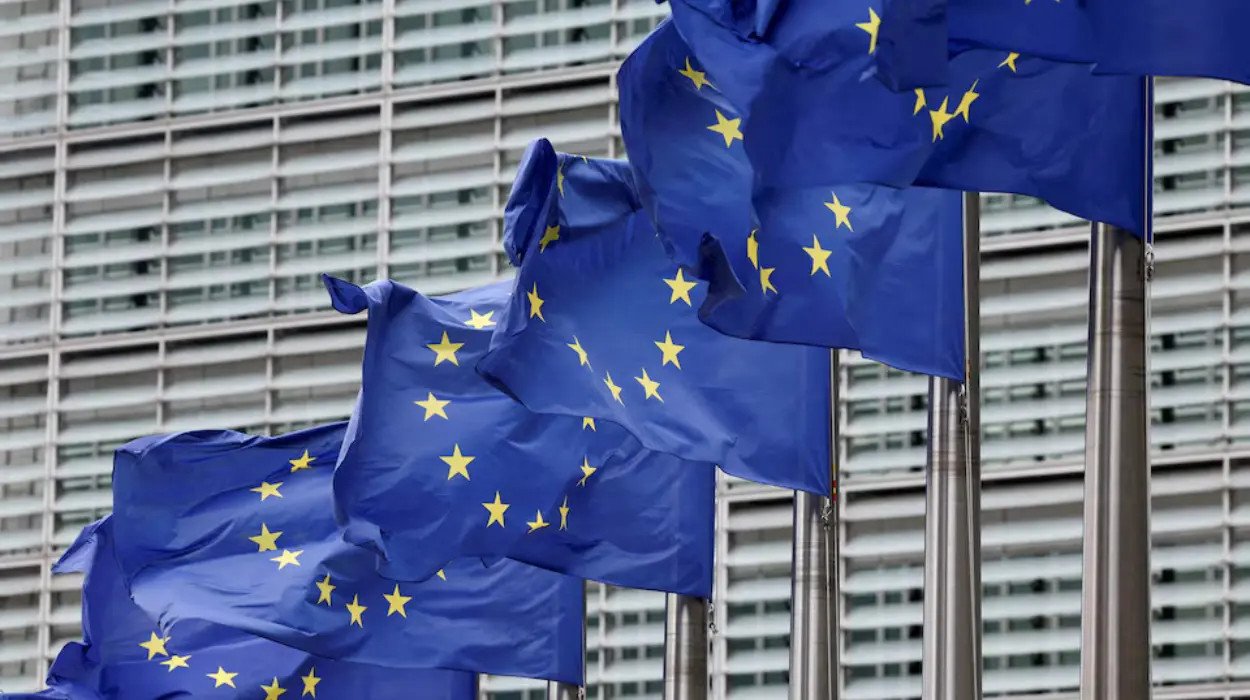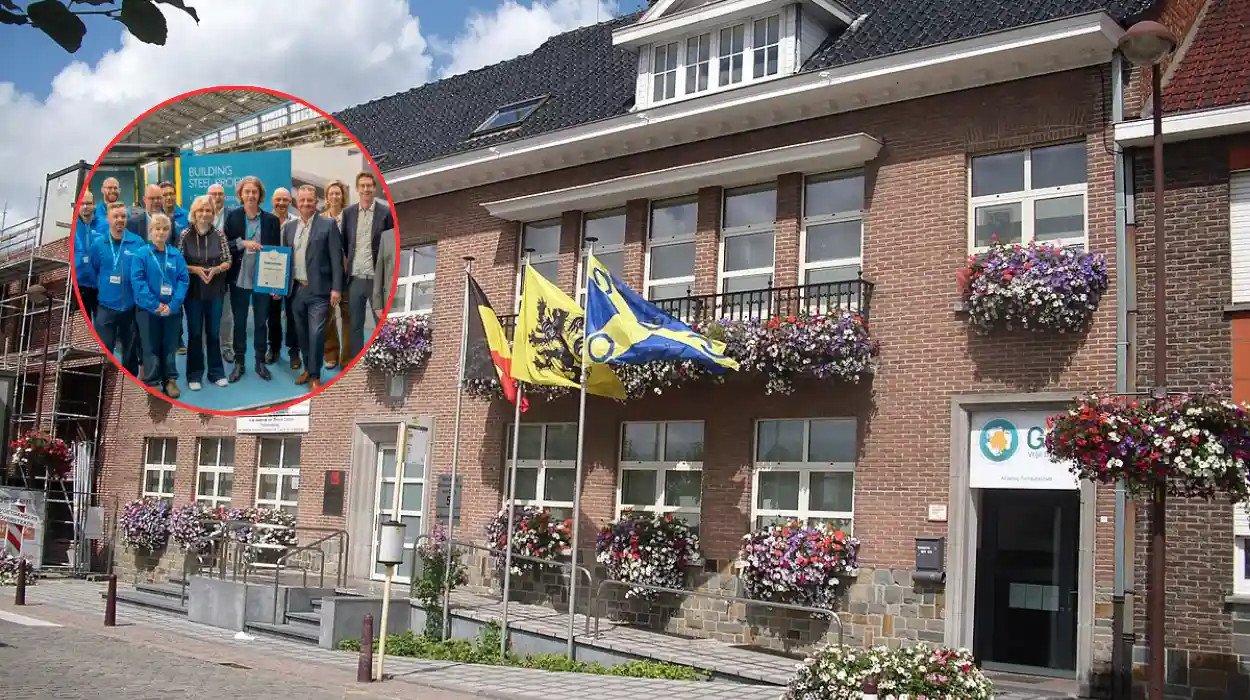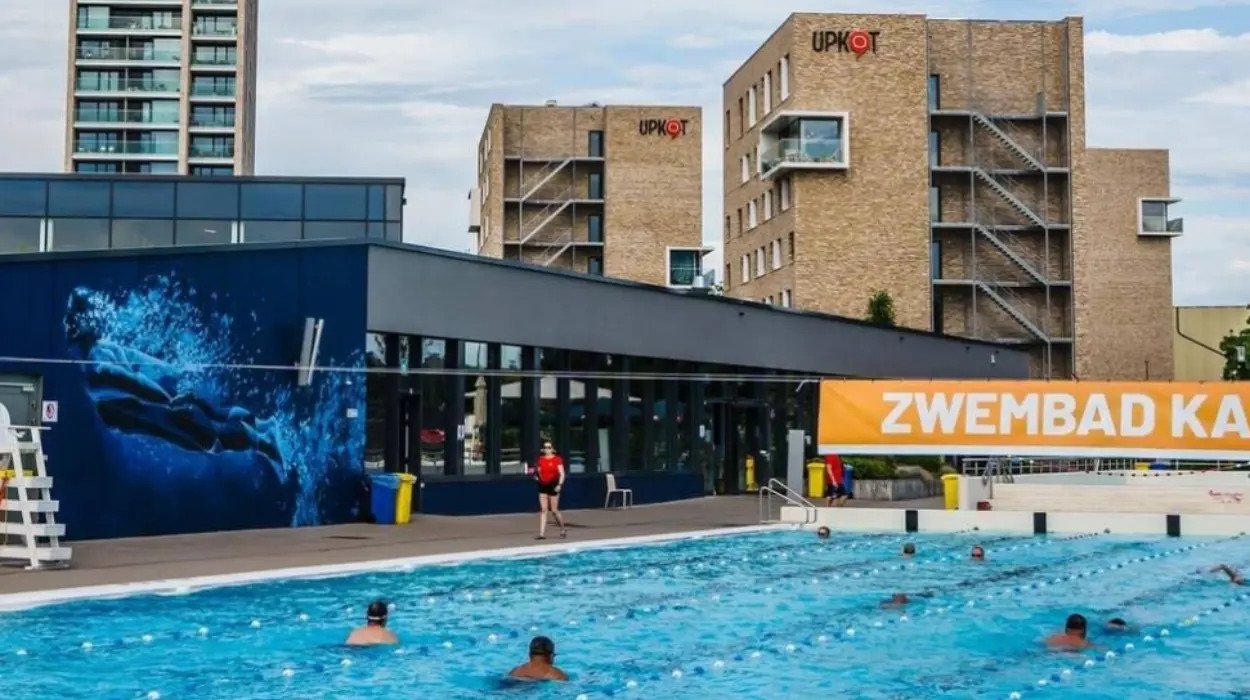Brussels – The Dutch government announced on Monday that all European Union member states have joined a Dutch-led chips coalition advocating for changes to the EU’s Chips Act, reports 24brussels.
Dutch Economic Affairs Minister Vincent Karremans confirmed the coalition’s formation during a meeting of EU Ministers, emphasizing the need for Europe’s industrial strategy to adapt amid rising geopolitical tensions. “Today all EU Ministers agreed on the fact that Europe’s industrial strategy should adapt to the increasing geopolitical tensions in the world,” he stated.
What reforms to the EU Chips Act are being proposed?
The ‘Semicon Coalition’, established in March by the Netherlands alongside eight other member states, formally presented its declaration to the European Commission on Monday. The participating countries include Austria, Belgium, Finland, France, Germany, Italy, Poland, and Spain.
This coalition aims to outline a unified approach for the EU semiconductor industry, focusing on enhancing production capacity, securing essential technologies, speeding up authorizations, and fostering skills and financial support throughout the supply chain.
How did previous Chips Act measures fall short of expectations?
The previous iterations of the EU Chips Act encountered numerous challenges. Reporting indicated that the Act’s ambition was for Europe to seize 20% of the global semiconductor market by 2030, a target that many experts now view as unattainable. The European Commission’s projections suggested that only about 11.7% market share could realistically be achieved by that deadline, showcasing a minimal increase from 9.8% in 2022.
Additionally, the rollout of previous funding was hampered by a lack of centralized coordination. Instead, individual member states were allocated funding, which often concentrated resources in wealthier nations like Germany. This uneven distribution hindered overall progress, with the European Commission managing merely around 5% of the total funding while member states implemented projects without the need for regular reporting, resulting in significant oversight issues.
The coalition’s renewed push for reforms is seen as a critical step towards addressing these shortcomings and enhancing Europe’s competitiveness in the global semiconductor landscape. As the EU navigates complex geopolitical dynamics, the formation of the coalition signals a concerted effort to strengthen the region’s technological capabilities and economic resilience.








